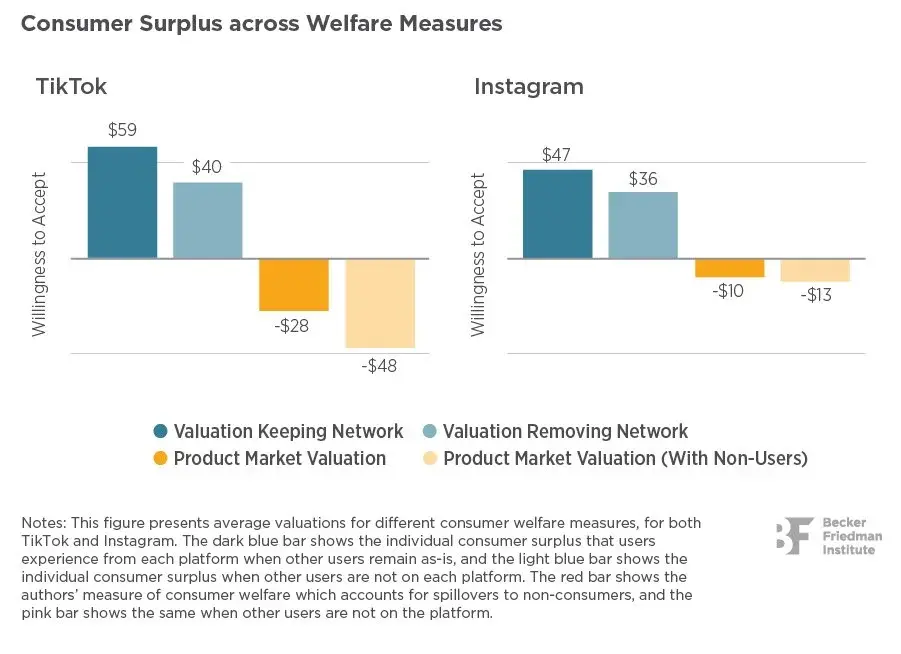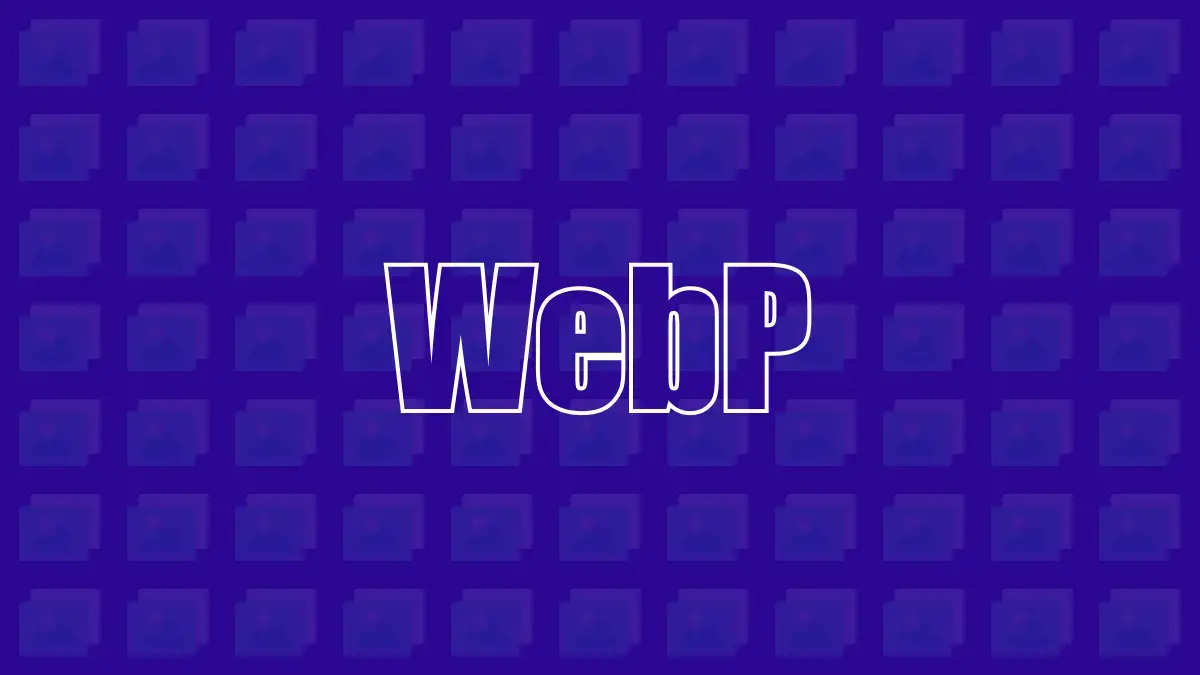JID (Jabber/XMPP, a federated messenger from 1999, get off my lawn matrix): cwagner@cwagner.me
- 3 Posts
- 24 Comments

(Relational) Databases can be in-memory. And unless you have very little data, your in-memory storage will probably turn into a database, and if it’s relational it might even turn into a pseudo-relational one. Just without all the benefits of 1000 of dev-hours of optimization. But next, you also need to persist your data. And you probably don’t want to lose everything if your app crashes. More stuff that is already done for you, if you use a non-memory database that probably will hold all frequently accessed data in memory anyway. And there are many, many more issues like that.
edited to be friendlier, original was
Relational Databases can be in-memory? This question sounds a bit like you have little to no experience with data or databases.

A few years ago, mainly VS with R#, nowadays, Jetbrains Rider, Webstorm, intelliJ in that order.
edit: and why?
I mainly work with C#, so there aren’t that many options (VS, VS Code, Rider). The features R# gave me were something I did not want to miss, despite the combination being soooo slow. So when Rider came around (having the all product pack anyway), I tried it, and it was like VS+R#, but fast. Never looked back.
Generally, I like full IDE’s, which is why my main use of VS Code is: Format this random document that is not part of any project. That’s why I also use Webstorm for any pure frontend project.
Finally, we have one Java project, that will forevermore be stuck on Java 7, as the software got bought by SAP and integrated, not something we have any interest in. I could probably even use VS Code for what little I need to do there, I can’t use most IDE features with that weird project anyway, but I use IntelliJ because I’m used to using JB software ;)
Very marketing heavy, which I must say turned me off at first. People on HN were a bit more open minded, so there’s some interesting discussion over there: https://news.ycombinator.com/item?id=37507419

It’s not quite the same, but JetBrains’ predictive debugging is certainly very similar in spirit

APL
From one of the many How to shoot yourself in the foot guides, for APL:
- You shoot yourself in the foot; then spend all day figuring out how to do it in fewer characters.
- You hear a gunshot and there’s a hole in your foot, but you don’t remember enough linear algebra to understand what happened.
- @#&$%&% foot
A fascinating language to look at, Conway’s Game of Life is simply life ← {⊃1 ⍵ ∨.∧ 3 4 = +/ +⌿ ¯1 0 1 ∘.⊖ ¯1 0 1 ⌽¨ ⊂⍵}, but I have zero interest in ever actually learning it ;)
There are also keyboards with the proper symbols:


I like Microsoft’s Cascadia Code:

It’s pretty playful (surprisingly close to those Comic Sans Coding remakes), but I find that makes code more pleasant to look at.







Partially, because experience in an area means one can understand the answer, but to a probably bigger part see below.
It read to me like they asked as if they know better than everyone else, and were ranting about others doing it wrong. But that was actually an assumption on my part, and may simply be their style, or even me completely misreading things. So thanks for calling me out on it.